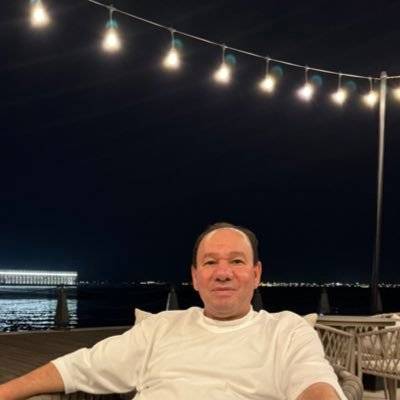What if Bashar al-Assad called on the Syrian people to rally and fight in defence of the occupied Golan Heights? Who would respond to his call while Syria is deprived of 13 million of its people, the number of displaced Syrians as a result of Bashar’s crime? These 13 million people are in refuge around the world, according to the latest statistics of 2018.
According to figures published by the Pew Research Centre, an American research centre that works in the field of national research, last year, 60 per cent of Syria’s pre-conflict population has been displaced internally and externally. This displacement percentage is unprecedented by any country in recent decades.
According to Pew’s study, more than 6 million Syrians, or about 49 per cent of the displaced, were internally displaced, while, as the study concludes, there are more than five million Syrians who have sought refuge in neighbouring countries in this region. They are distributed as follows: Turkey (3.4 million) Lebanon (1 million), Jordan (660,000) and Iraq (250,000), representing about 41 per cent of the total Syrian refugee population in the world. More than 150,000 Syrian refugees live in North Africa, including Egypt (130,000) and Libya. Europe has about one million Syrians living as refugees or asylum seekers: Germany (530,000 representing the fifth largest refugee population in the world), Sweden (110,000), and Austria (50 thousand) in addition to about 100,000 Syrians in North America.
The most important question is: Can a person who did all of this to their own country be concerned about the Golan Heights? Could they be concerned with ending the occupation of their land when they have done things that are hundreds of times worse to their people than the Israeli occupation did? And, before all of these questions, we must ask: Does Bashar Al-Assad still view Israel as an enemy?
READ: Lebanese judicial decision to survey occupied territories adjacent to Syrian Golan
Bashar Al-Assad is like many members of the official Arab system who freed themselves from the constraints of history and geography and hastened to re-establish their relationship with Israel. Some of them have linked themselves to Israel with an unbreakable umbilical cord while others race to build bridges. These individuals consider Donald Trump to be the source of the authorities and protector of the thrones, therefore his orders are followed, and words are law. This is despite some Arab regimes put on a show by expressing condemnation and denunciation.
This is cited by that fact that Bashar Al-Assad, and other attackers of the Arab revolutions, are committed to Trump and Israel’s commandment: The only enemy is the Arab Spring. They labelled it as terrorism and declared a synonym of it. As long as the world, beginning with Israel combats terrorism according to the clear Zionist definition, and while the Arab Spring-hating Arabs remain, loyal servants of this battle, they are content with their partnership with Israel and fight under its banner.
In the case of Al-Assad in particular, he does not deny the Israeli role in protecting his throne from the danger of his people’s uprising so how can he confront Donald Trump?
I reiterate that it is important for us to agree on the definition of the homeland, which, in my opinion, is not limited to geographical borders. Before anything, the homeland is its people, and those who kill the people at the hands of the homeland and destroy their existence, as well as those who want to be qualified to preserve the homeland’s geographical borders and territorial integrity, must first protect the human existence in it. You must preserve, oh son of Hafez, the human borders and limits of the homeland a well as guarantee the safety of its moral and intellectual powers. Since you wasted all of this, you have given your voice, or silence, to Donald Trump, allowing him to take a part of the homeland and give it to Israel to buy your throne.
This article first appeared in Arabic in Al-Araby Al-Jadeed on 27 March 2019
The views expressed in this article belong to the author and do not necessarily reflect the editorial policy of Middle East Monitor.

![US President Donald Trump (L) and Prime Minister of Israel Benjamin Netanyahu (R) show members of the media the proclamation Trump signed on recognising Israel’s sovereignty over Golan Heights after their meeting outside the West Wing of the White House 25 March 2019 in Washington, DC. [Alex Wong/Getty Images]](https://i0.wp.com/www.middleeastmonitor.com/wp-content/uploads/2019/03/GettyImages-1138217403-e1553952812209.jpg?fit=920%2C613&ssl=1)







